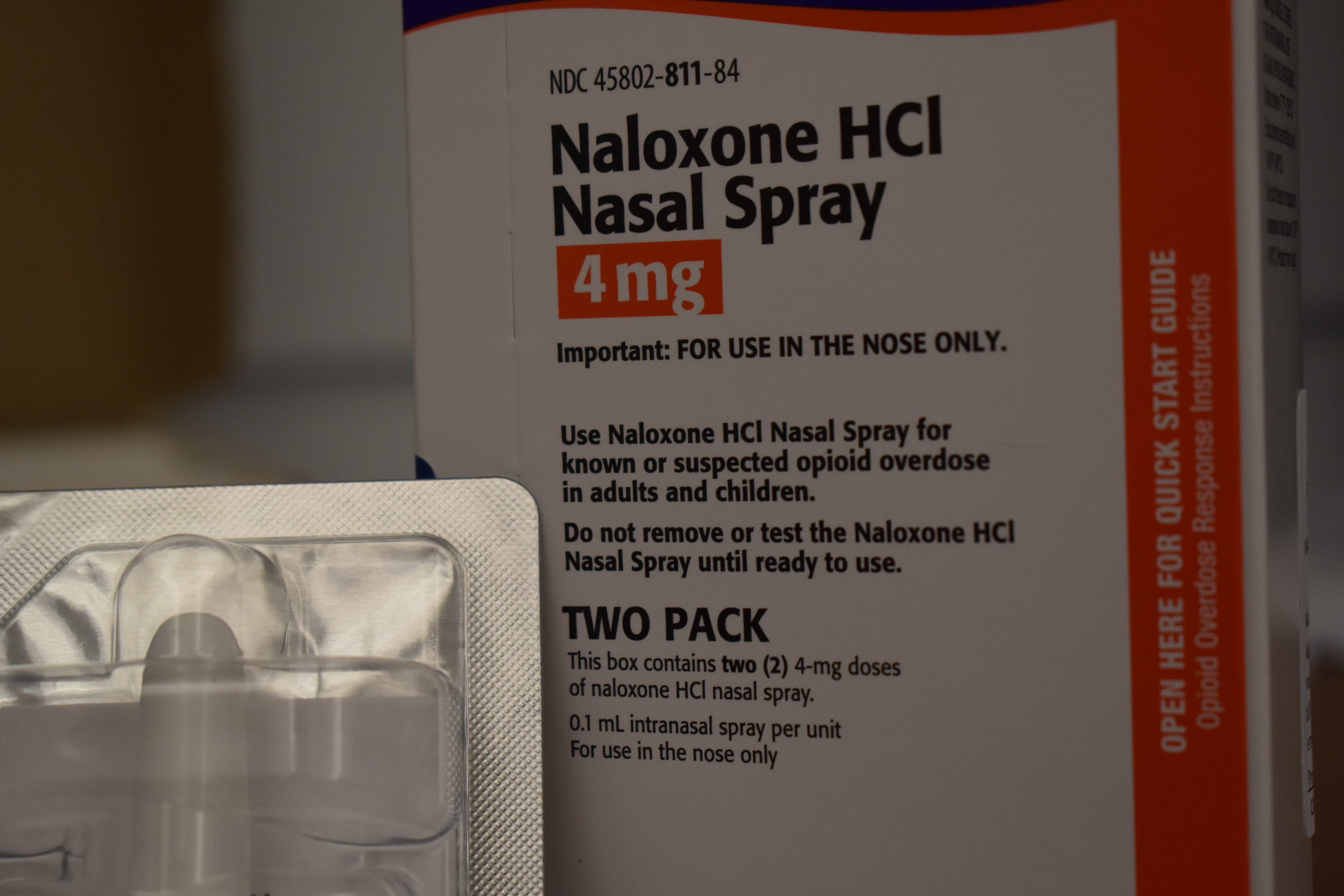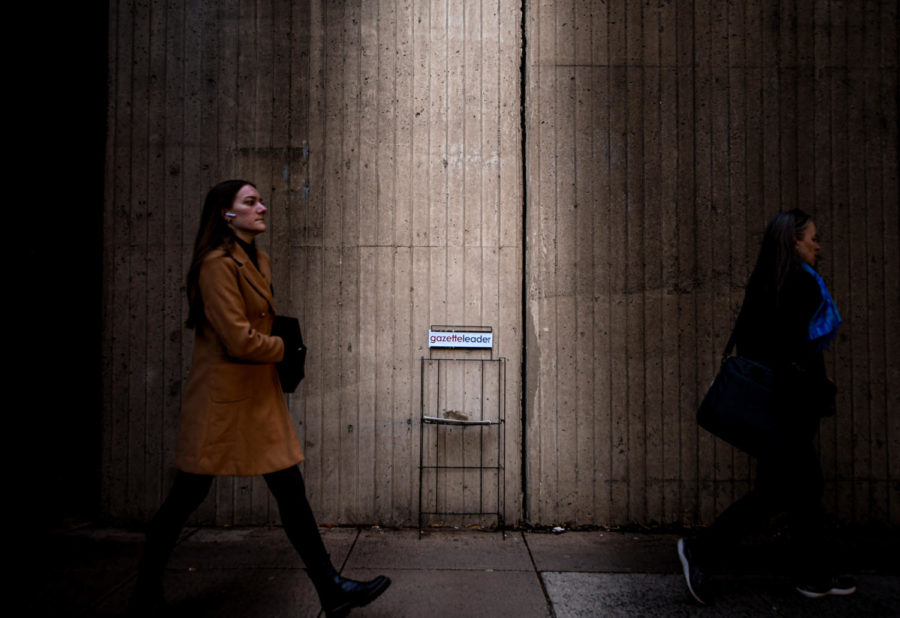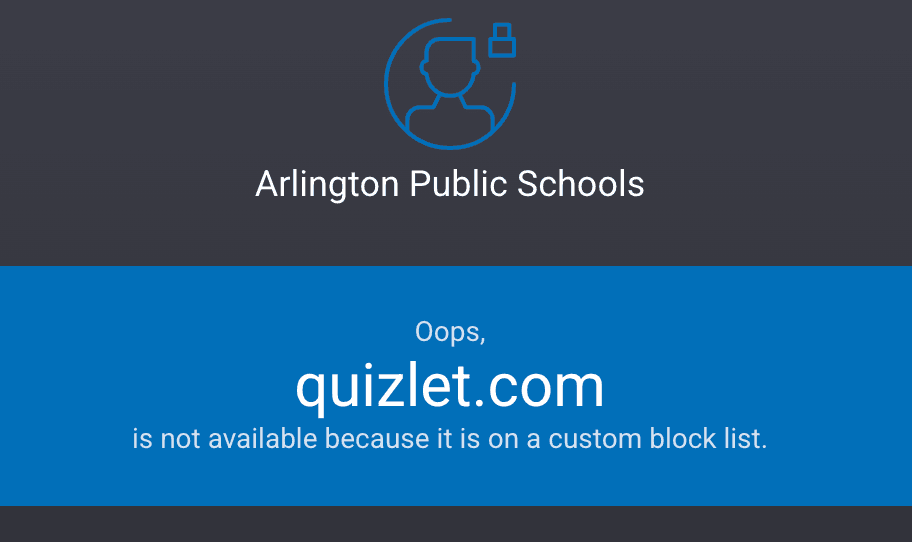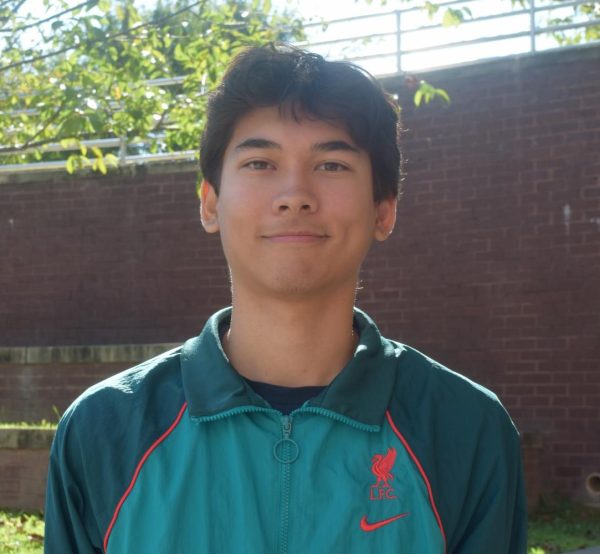On January 31, 2023, a student at Wakefield High School was rushed to the hospital after being found unconscious in one of the school’s bathrooms. Two days later, he was pronounced dead from cardiac arrest induced by an overdose. That day, four other students were treated at Wakefield, most of whom were thought to have drug-related symptoms.
The death of the student—later identified as 14-year-old freshman Sergio Flores by an online fundraiser—sent shockwaves throughout Arlington, and it highlighted the glaring opioid epidemic facing our society.
A large factor in the worsening state of substance abuse is an increase in the use of fentanyl, a synthetic opioid 50 times more potent than heroin and 100 times more potent than morphine. Because of these qualities, less fentanyl is needed per dose, making it a cheaper option. A potentially lethal dose is just 2 milligrams, which is present in almost half of all pills containing fentanyl, according to the United States Drug Enforcement Administration.
The death at Wakefield accelerated Arlington Public Schools (APS) and Arlington County’s action surrounding substance abuse prevention and response. The county held two training sessions in February for the use of Naloxone (known under the brand name Narcan), a drug that can reverse the effects of an opioid overdose when administered immediately as a nasal spray. Arlington residents can receive free Narcan by requesting it online or attending a training.
“The availability and access to Narcan can save a life,” Yorktown Principal Kevin Clark said.
At Yorktown, administrators have been working to create more resources and knowledge among students. Assemblies took place on March 9 that informed students on substance abuse-related issues. Guests from Rise Together and Safe Project, which are organizations working to combat substance abuse, spoke to students about healthy choices and worked to create solidarity.
That same night, Rise Together and Safe Project held another assembly for parents. After a more data-focused presentation, they fielded questions, from how to identify the difference between normal teen exploring and risky behavior to how to first respond to teens beginning to experiment with substances. Speaker Anthony Alvarado stressed the importance of parents’ involvement in students’ lives, vocalizing that parents and guardians were the No. 1 protective measure for teens and substances.
After the event, Student Activities Director Michael Krulfeld emphasized that the assemblies were not a one-off response.
“This is the kick-off to what we’re trying to do,” Krulfeld said.
Kim Chisolm, who is the substance abuse counselor at our school, meets with freshman and sophomore health classes to spread information and awareness, and she’s now planning on meeting with junior and seniors through English classes. On top of that, Chisolm notes that APS has started to start informing students from a younger age.
“My team has taken more of an initiative to reach out to elementary schools,” Chisolm said.
Topics covered in these sessions include a rotating curriculum that looks to show students what healthy decision-making looks like.
However, staff are working to add an emphasis on response in addition to prevention.
“All staff have been trained already to administer Narcan,” Clark said.
Those prepared include our School Safety Coordinators (SSCs), who play an equally large role in the prevention aspect. The safety team monitors all parts of the building—such as bathrooms, hallways and outdoor spaces—to ensure that no situations are occurring.
“They are often first responders,” Clark said.
Chisolm notes that student friendliness between students and SSCs has been a positive in combating substance abuse problems. Students feel comfortable around the team, and that has opened the door for cases where they’re less hesitant to express concern about themselves or a friend. Chisolm also encourages students to visit her in her office (which is located in the clinic) if they ever need to seek help for themselves or a friend.
Still, there are only so many places the safety team can be at once, and it’s very possible that if an overdose situation were to occur in one of our school’s bathrooms, a student could be the first to come across it.
“They should call 911 immediately, and then right away come and find an adult,” Clark said.
An overdose can present itself in many different ways, and it’s good to be informed. The symptoms noted by Arlington County include “slow or shallow breathing; cold or clammy skin; blue or gray skin, fingertips or lips; deep gurgling or rattling snore (also known as the death rattle); sleeping and cannot be woken up; and unresponsiveness to stimuli (like an earlobe pinch or sternum rub).”
If you see any of these symptoms in yourself or someone else at school, seek help immediately. In Virginia, the law protects anyone seeking emergency medical attention from an overdose from prosecution.
Currently, students aren’t allowed to carry Narcan on school grounds, but that’s changing by May 26. Narcan was classified as a prescription medication by the Federal Drug Administration (FDA) until a March 29 decision, meaning that students couldn’t carry it under APS policy, but the ruling opened the door for APS to adapt.
“The reason for these laws [was] to regulate prescription medications and their availability within schools to ensure they are used properly and that there has been training so that they are administered correctly,” APS Executive Director of Student Services Darrell Sampson said when reached for comment via email.
While students aren’t allowed to have Narcan at our school yet, they’re still able to attend training sessions through Arlington County, and Clark encourages them to do so. Additionally, Krulfeld has overseen the training of various sports teams in the use of the spray.
There are other ways students can help, as well.
Two students, juniors Jackson Danzig and Marin Peale, decided to start a student advisory board to combat the epidemic. Their vision is to educate on substance abuse, hold training for Narcan and be a support group.
“Someone had to do something about it,” Danzig said.
The fight against opioids is ongoing, and anyone can contribute to the effort.
“It could be tomorrow that something happens [at Yorktown],” Clark said.









































